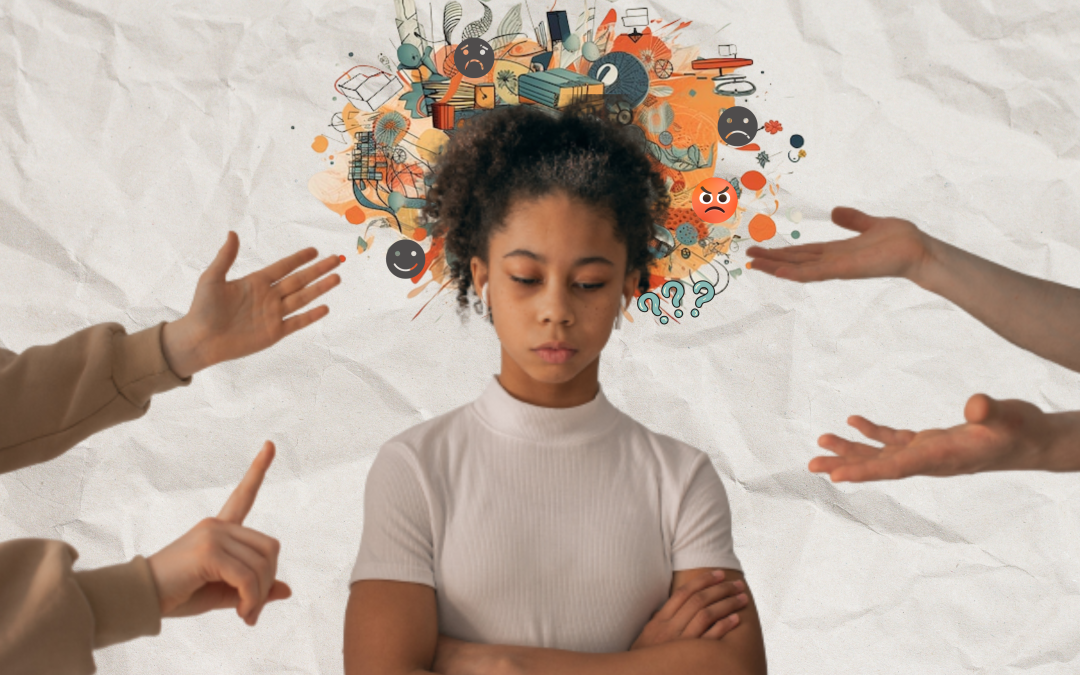Unveiling the Mysteries of Teenage Brain Development
The teenage brain has long been a topic of fascination for researchers, parents, teachers, and mental health providers. Recent discoveries about its growth are reshaping our understanding of adolescence, presenting a window of opportunity for positive influence.
A Window of Opportunity: Early Years and Beyond
From birth, the brain undergoes rapid growth, establishing fundamental structures by the age of nine.However, adolescence marks a crucial phase, with the final stages of development occurring during the teenage years. The prefrontal lobe, responsible for judgment, decision-making, and emotional control, matures during this period, influenced by genetics, experiences, and the environment.
The Brain’s Evolution: More Than Just Growth
The brain’s journey can be visualized as a progression through four main regions: The brain’s journey can be visualized as a step-by-step progression through four main regions:
- The Spinal Cord and the Base of the Brain: Think of this as the central command center, delivering messages to every corner of the body and managing automatic processes like heartbeats and digestion.
- The Cerebellum: This part coordinates our movements and other essential brain functions.
- The Amygdala and Hippocampus: Here, emotions and memories are controlled and managed.
- The Cortex: This intricate web connects our senses and powers higher-level thinking. The prefrontal cortex within the cortex guides our judgment and decision-making.
Unmasking Teen Behavior: The Emotional Tug
Research reveals that teenagers often navigate the world through emotions, as their brain interprets emotions with emotions. Understanding this emotional tug is essential for effective communication.
When dealing with angry or upset teenagers, acknowledging their feelings first sets the stage for productive conversations once they have calmed down.
Imagine the feeling of desperately searching for your lost keys when you’re already late for work. The frenzy takes over, and logical thinking goes out of the window. This is akin to how teenagers often experience emotions—they’re running on their feelings since their brain hasn’t fully developed the connection between emotions and logical thought.
Navigating Teen Dialogues: Acknowledging Emotions First
Effective communication with teenagers demands a delicate balance. It’s important to be aware of the emotions they perceive in you and to acknowledge their feelings first. This sets the stage for them to reflect on and understand their emotions better.
Here are some specific tips for adults:
- Avoid arguing with teenagers when they are angry or upset.
- Instead, acknowledge their feelings and validate them. For example, you could say, “I see you’re feeling really angry right now.”
- Once the teenager has calmed down, you can start a conversation about what happened and why they are feeling the way they are.
Nurturing the Teen Brain: Support and Growth
As adolescents embark on this rollercoaster ride of brain development, they thrive in a safe, supportive environment. Adults play a pivotal role in shaping their journey. Engaging in conversations, offering consistent love, and providing encouragement are powerful catalysts for healthy brain growth.
Reward-based approaches often work better than punishment during this phase. Establishing clear, consistent boundaries is crucial. Equally important is acknowledging their burgeoning independence while respecting their decision-making ability.
Here are some specific things that adults can do to support teenagers’ brain development:
- Provide teenagers with opportunities to learn new skills and pursue their interests.
- Encourage teenagers to get involved in extracurricular activities and sports.
- Help teenagers to develop positive relationships with their peers and other adults.
- Set clear and consistent expectations for teenagers.
- Model healthy behaviors, such as eating a balanced diet, exercising regularly, and getting enough sleep.
Shaping Future Adults: Opportunities and Habits
As teenagers transition to adulthood, offering opportunities to learn diverse skills and contribute meaningfully nurtures their growing capacity. Encouraging volunteering, part-time jobs, financial planning, and teaching life skills prepares them for the challenges of adulthood.
Positive habits formed during the teenage years can wire the brain for a successful adulthood. Activities like positive thinking, balanced nutrition, and regular exercise lay the foundation for lifelong well-being.
Guarding Against Harm: Protecting Adolescent Minds
While the teenage brain is a remarkable work in progress, it’s not immune to harm. Experiencing abuse, neglect, or trauma during these crucial stages can impact brain development. Safeguarding teenagers, especially during peak developmental periods like pregnancy, early childhood, and puberty, is paramount.
In conclusion, the teenage brain is a canvas of transformation, sculpting individuals into the adults they’ll become. Embracing the dynamism of this phase and providing the right support can lead to positive outcomes. With a deeper understanding of the intricate dance of brain development, we can foster an environment that nurtures the potential within every adolescent.
If you’re interested in delving deeper into the subject, I would recommend the following resources:
- Brainstorm: Daniel J.Siegel, MD
- The Teenage Mind: A Parent’s Guide to Raising a Healthy, Happy Teenager by Jerome Kagan
- Adolescent risk-taking is predicted by individual differences in cognitive control over emotional, but not non-emotional, response conflict
- The Teen Brain: 7 Things to Know
- A Social Neuroscience Perspective on Adolescent Risk-Taking
- Teenage brain development: the basics
This email is sent to you from Shruti Shah, a certified life coach with expertise in coaching kids, teens, youth, and adults. She is the founder of All Round Performance Coaching, and her mission is to connect her clients to more by empowering them to discover their passions and accomplish their goals, both personally and professionally.
This email is purely for information purposes and should not be used to diagnose any mental health conditions.
If you’re interested in learning more about how she can help you rewire your brain and improve your overall well-being, please don’t hesitate to reach out to her at:
Email: [email protected] | [email protected]
Website: www.shruti-shah.com
LinkedIn: www.linkedin.com/in/coachshrutishah
social media: coachshrutishah
Phone: +254722673444 (whatsapp on the same line).

